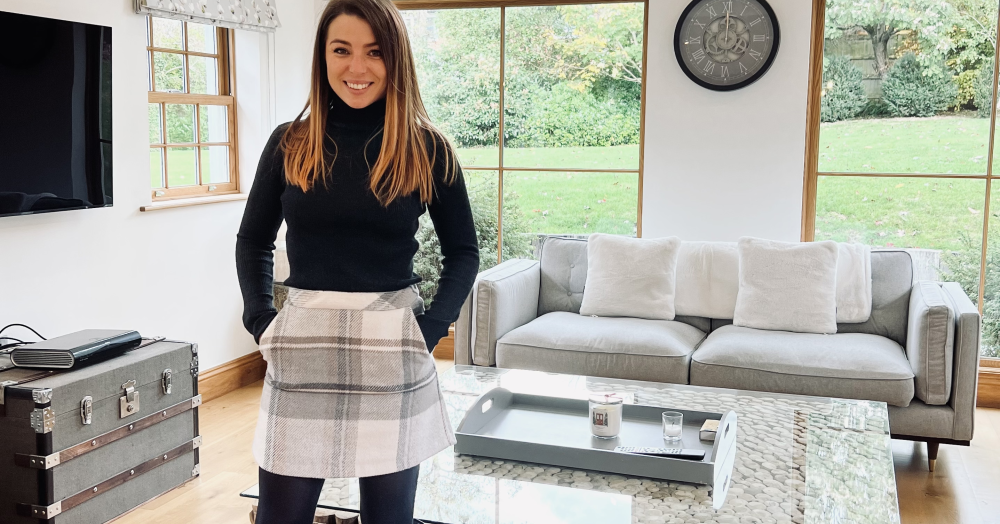Buying a property is a huge decision, but we’ll likely spend more time choosing a new sofa or car than a home. The average viewing takes just 20 minutes, and the average buyer will view a property only 2/3 times before moving in. With such minimal time in a property, viewings are critical - check out these tips to make sure you don't miss anything!
It's crazy when you think about it, as you can very easily change your mind and return a sofa or sell a car without too much hassle. But, if you buy a property and later decide that it isn't right for you, it is a considerable process to sell it again.
With such minimal time in a property before agreeing to purchase, these viewing appointments are critical. You must ensure you check for the important things, so you're not disappointed later. These tips will help you double-check that the property is right for you and can act as a voice of reason to help prevent regrets later.
Of course, there is also merit in bringing a friend or family member along to a second viewing to look at the property with you with a more critical eye too, but this checklist will certainly keep you on the right track.
LOCATION
You can change almost everything about the property itself, but you cannot change the location! Consider your lifestyle and ask yourself if the location works for you. If it’s inconvenient for you to get to work or school, you might want to rethink this. No matter how lovely a property is, the shine can soon wear off when you are sat in traffic on your way to work each day.
STRUCTURE
Look for obvious defects in the structure of the property. Is there any sagging or tiles missing from the roof? Is there any sign of dampness inside the property? Are there any significant cracks in the exterior of the building? If the answer is yes to any of these questions, there is no need to discount the property altogether, but you may want to ask a specialist to visit and double-check that everything is ok.
DAMP
There are multiple types of damp, and some are more of a problem than others. Identify if there is any damp first, and then try to determine what the cause of that damp is. If it’s condensation, this is merely a ventilation issue. If there is a sign of a leak somewhere or rising damp, then this could be a more significant problem to rectify, and again, you can arrange for a specialist to visit with you to chat through how to resolve the issue.
HEATING AND ELECTRICS
How old is the central heating system, and has it been well looked after and regularly serviced? Is the electrical system in good order? You might want to consider if there will need to be an upgrade in the next year or two?
If these issues arise, you don't need to shy away from properties, but being forewarned is forearmed. You don't want to purchase a lovely new home only to find rising damp that you hadn't noticed or that you need a new roof. If you think there may be some issues that could be costly, this can be factored into your assessment of the value of the property and the offer that you may wish to make.
Likewise, it pays to think about the future, and if you may need more space, look at properties that either have more room than you need or have the option to increase the available space in the future.

